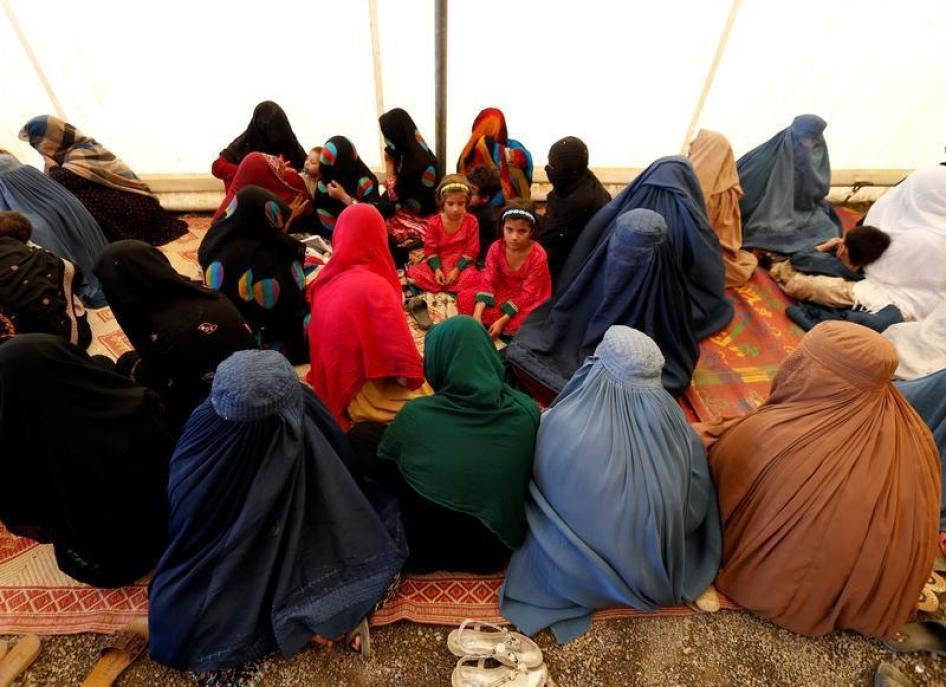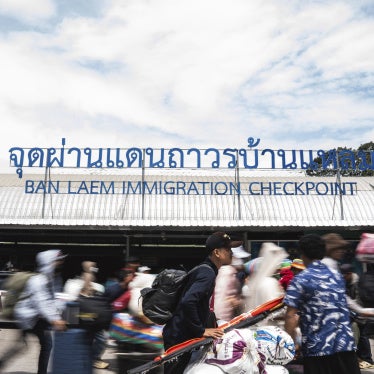At Kabul airport on Tuesday, I met a group of Afghans – three women and 10 men – who had just arrived from Turkey. It was not a joyous homecoming. They had joined the waves of several hundred thousand Afghans whose bid for safer lives abroad in the face of worsening insecurity at home ended in limbo in Turkey, blocked from claiming refugee status or continuing onward to Europe.
They told me that to encourage them to return, Turkish government representatives had given each of them US$25 and promised they would receive more financial aid upon arrival in Kabul. When I met them, a representative of the International Organization for Migration (IOM) had just dashed those hopes by informing them that no such payment would be forthcoming from any government or aid group. When I left them, the group was still struggling to accept the false promises that led them back into the chaos of Afghanistan.
Their plight is far too common. Since July 2016, police and provincial authorities in Pakistan have intensified pressure on Afghans living in the country in what the United Nations High Commissioner for Refugees (UNHCR), the UN refugee agency, has called “a concerted push” to repatriate large numbers of Afghan refugees before the end of the year. Between July 1 and October 15, 370,000 Afghans returned, nearly 220,000 of them registered refugees, with a record 52,000 coming last week alone. Many returned after spending decades abroad, some even having been born in Pakistan, after their families fled Afghanistan as refugees in the 1980s and 1990s. This is not because the situation in Afghanistan has improved – quite the contrary.
In Pakistan, the UNHCR office attributes this surge to deteriorating conditions and “decreased acceptance” for Afghans in several areas of Pakistan, in particular Khyber Pakhtunkhwa province. This week, Pakistani authorities launched an operation to seize “shops, property, cars and other belongings” of unregistered Afghans. Returnees have told UNHCR that they left because they were unable to register their children in local schools or found refugee schools closed without warning, and were denied medical care at hospitals. The IOM has documented accounts by recent Afghan returnees of harassment and intimidation of Afghans in Pakistan, including “nighttime raids” by police.
And more can be expected. Earlier this month, the Afghan government and the European Union reached an agreement to accelerate the voluntary – and involuntary – return of Afghans who have not been granted asylum in Europe. That plan could result in tens of thousands more Afghans returning to a homeland where 1.1 million people are already displaced by the expanding conflict with the Taliban. Like the group I met at Kabul airport, they will face an uncertain, dangerous future.









